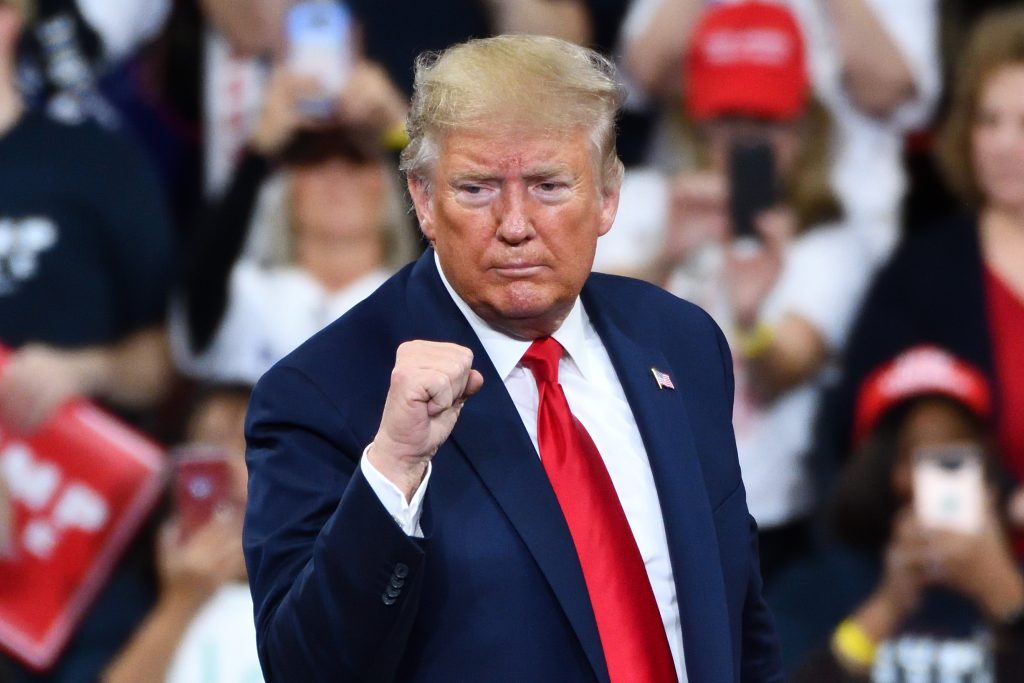Critics argue that his involvement in the government could lead to potential ethical issues.
Others are reading now
Former President Donald Trump is reportedly considering appointing billionaire Elon Musk to head a government efficiency commission.
Potential Ethical Issues
According to Politico, Musk’s potential role could place the tech mogul in an unprecedented position of influence within the U.S. government, sparking concerns over conflicts of interest given Musk’s vast business empire.
Musk, the CEO of Tesla and SpaceX, and the owner of satellite network Starlink and social media platform X (formerly Twitter), controls companies that have benefited significantly from federal contracts and tax credits.
Critics argue that his involvement in the government could lead to potential ethical issues.
Also read
“This raises all sorts of conflicts of interest,” said Danielle Brian, president of the Project on Government Oversight. Musk’s companies have received substantial government support, making the prospect of him overseeing a federal commission particularly contentious.
Clash Between Business and Government
Though details about the commission remain unclear, the idea of Musk joining the government is seen as fitting with Trump’s previous appointments.
During his presidency, Trump often brought billionaires like Wilbur Ross and Steven Mnuchin into his administration, though Musk’s profile and the scale of his business interests are far larger. Unlike Ross and Mnuchin, Musk’s direct involvement with government contracts makes his potential role more controversial.
Musk, known for his anti-regulatory stance, has had a long history of clashes with government authorities, especially in California.
During the COVID-19 pandemic, he famously defied local health orders to keep Tesla’s factory in Fremont running, and he has moved portions of his business operations to Texas in response to state policies he opposes.
Despite the controversy, Musk recently expressed willingness to serve the country. In a post on X, he wrote:
“I look forward to serving America if the opportunity arises. No pay, title, or recognition needed.”
However, many in Washington question whether Musk’s influence in a government role could skew priorities in ways that benefit his business interests, setting the stage for a potential clash between business and government ethics.


